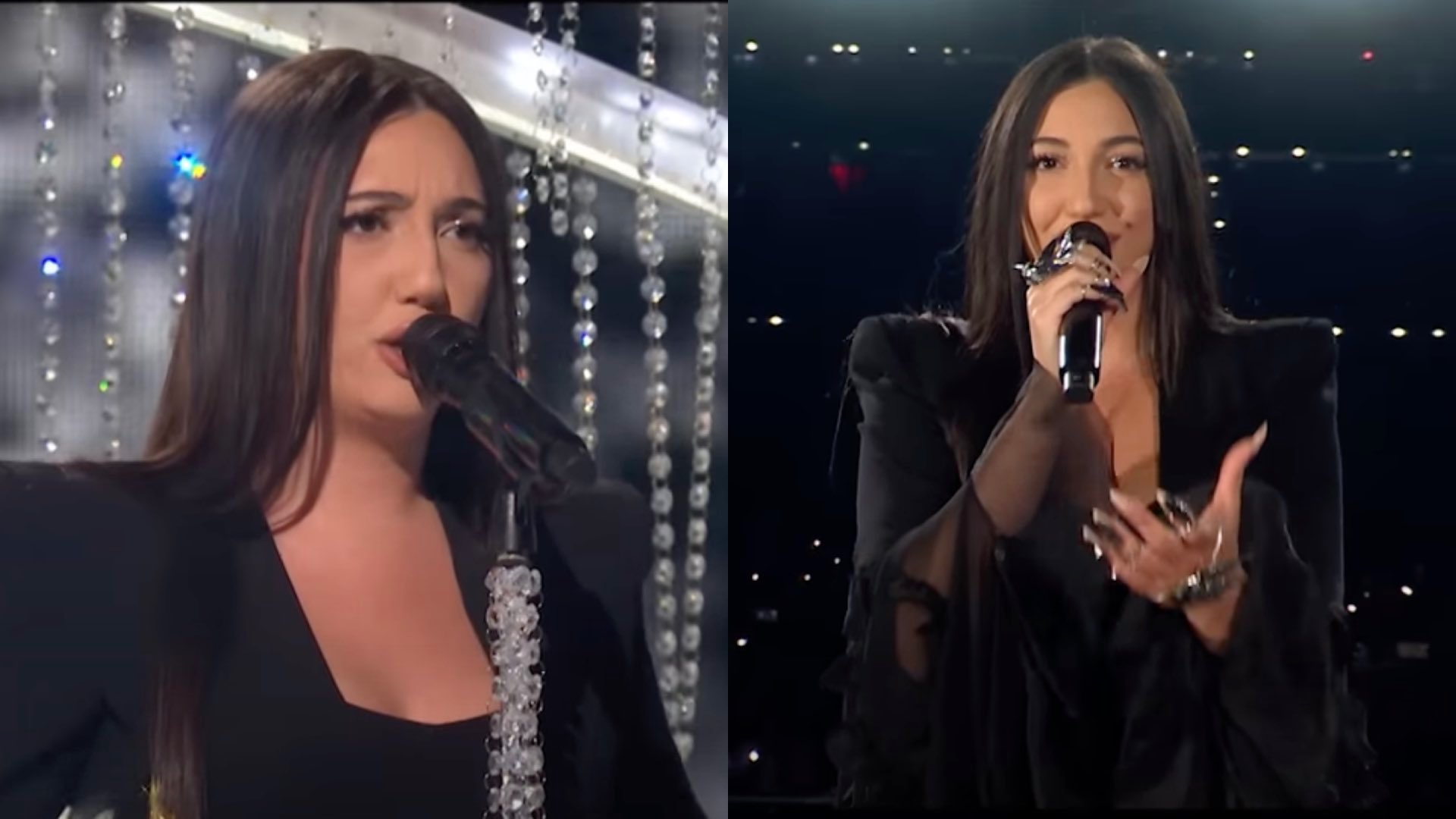Eurovision organisers respond to withdrawal threats over Israel’s participation – as Spain votes to boycott
"From a BBC point of view, we’re very aware of the concerns," says BBC director Tim Davie, confirming his support for the European Broadcasting Union as the future of Eurovision faces uncertainty
By Aaron Sugg

The European Broadcasting Union (EBU) and Eurovision organisers have responded to boycotting concerns from several countries over Israel’s participation in the 2026 contest.
Set to take place in Vienna, Austria, in May 2026, Eurovision faces possible withdrawals from Ireland, the Netherlands, Slovenia, Iceland, and now Spain, if Israel is allowed to compete. Today, the country’s state broadcaster RTVE voted to snub next year’s contest if Israel submits an entry.
The decision makes Spain the first of the “Big Five” – the countries that contribute the most financially to Eurovision, including France, Germany, Italy, and the UK – to consider such a move.
BBC director Tim Davie, EBU board member, told BBC News: “From a BBC point of view, we’re very aware of the concerns. Eurovision has never been about politics and should be a celebration of music and culture that brings people together. That is really important, and we try to preserve that throughout.
“We look at the views of the people we serve, the public” – Tim Davie on the Eurovision Song Contest
“At this stage, I’m supporting the EBU’s work, and they need to continue their process.”
He added that the BBC, as an independent broadcaster, would take public opinion into account: “This is a contest about broadcasters from each nation submitting a song. Ensuring that process works properly and remains apolitical is essential… Of course, we look at the views of the people we serve, the public, absolutely.”
Broadcasters have until mid-December to confirm whether they will participate in Eurovision 2026.
Over the weekend, reports suggested that organisers had unofficially asked Israel to either temporarily withdraw from the contest or perform under a neutral flag to prevent triggering boycotts. The EBU has not confirmed these reports.
A spokesperson from the organisation told The Hollywood Reporter yesterday (15 September): “The EBU has not made any proposals to [Israeli broadcaster] Kan regarding participation in next year’s Eurovision Song Contest.”
They added: “The consultation with the wider EBU membership is ongoing and no decisions will be made until the process concludes.”
“We would respect any decision broadcasters make” – Eurovision’s director, Martin Green on countries warning withdrawal
Eurovision’s director, Martin Green, said in a statement: “We understand the concerns and deeply held views around the ongoing conflict in the Middle East. It is up to each member to decide if they want to take part in the contest, and we would respect any decision broadcasters make.”
The issue of Israel’s participation follows wider backlash over the ongoing Gaza conflict, which has seen fans boycott the contest and, ahead of 2025, more than 70 former Eurovision contestants sign an open letter opposing Israel’s inclusion.
Signatories included past winners Charlie McGettigan, Salvador Sobral, Fernando Tordo and British singer Mae Muller.
